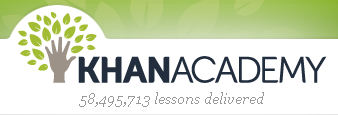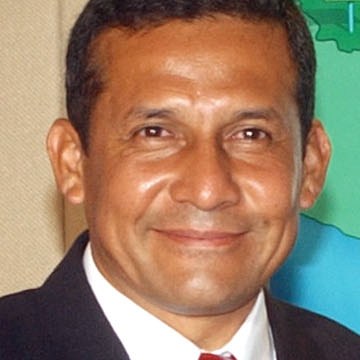Everyone’s aflutter about Salman Khan

Salman Khan and his Khan Academy evoke strong feelings. Although Khan has many influential supporters, his detractors are beginning to emerge… [Side note: We are going to have a FUN webinar on June 15!]
Yesterday David Clemens wrote at the National Academy of Scholars web site that
Instead of the Internet democratizing information, it can fill our heads with whatever its algorithms decide our heads should be filled with. Just as unnerving, Internet distribution of Mr. Khan’s videos can fill everyone’s heads with the same information in the same way, and that is just what he would like it to do. Mr. Khan describes his mission as being to “deliver a world-class education to anyone anywhere . . .” and to have his videos become the “operating system” of the classroom with the teacher reduced to “coach.” It could happen. He has appeared on CNN, PBS, NPR, Charlie Rose. Students embrace Mr. Khan; Mr. Gates embraces Mr. Khan. Imagine the consequences if his videos did become the DOS or Windows of education: tens of thousands, hundreds of thousands, millions of young minds, all fed by Mr. Khan’s fizzy version of history. Not only would all students absorb the same value judgments, goofy comments, and cultural relativism, they would also conclude that Mr. Khan’s factoids constitute knowledge of history.
Khan left a response over at Hacker News, which was discussing Clemens’ piece. Here’s a portion:
I don’t see how a guy making digestible videos that inform and encourage skepticism (on YouTube where anyone else can do the same) are more dangerous than state-mandated text books. I don’t see how lectures that are open for the world to scrutinize (and comment about on YouTube and our site) are more dangerous than a lone teacher or professor who can say whatever they like to their classrooms with no one there to correct or dispute them.
Finally, there is nothing I would like to see more than other teachers / professors / experts adding their voice to the mix. Rather than wasting energy commenting on other people’s work with pseudo-intellectual babble, why don’t they produce their own videos and post them on YouTube? If someone can produce 20 videos that seem decent and want to do more as part of the Khan Academy, we’ll point our audience at them. If our students respond, we’ll figure out a way that they can potentially make it a career.
Clemens and Khan both are correct. Much to the chagrin of those like Clemens who are concerned about Khan’s materials, it is entirely possible that the Khan Academy will become the go-to location for certain types of content and learning. But Khan is right that such concerns are best addressed by making better, competing content and framing it in such a way that it’s well-received.
Seth Godin notes that ideas that spread, win. He also states that if your target audience isn’t listening to you, it’s not their fault, it’s yours. So if you’ve got concerns about the Khan Academy, it’s time to start making…






